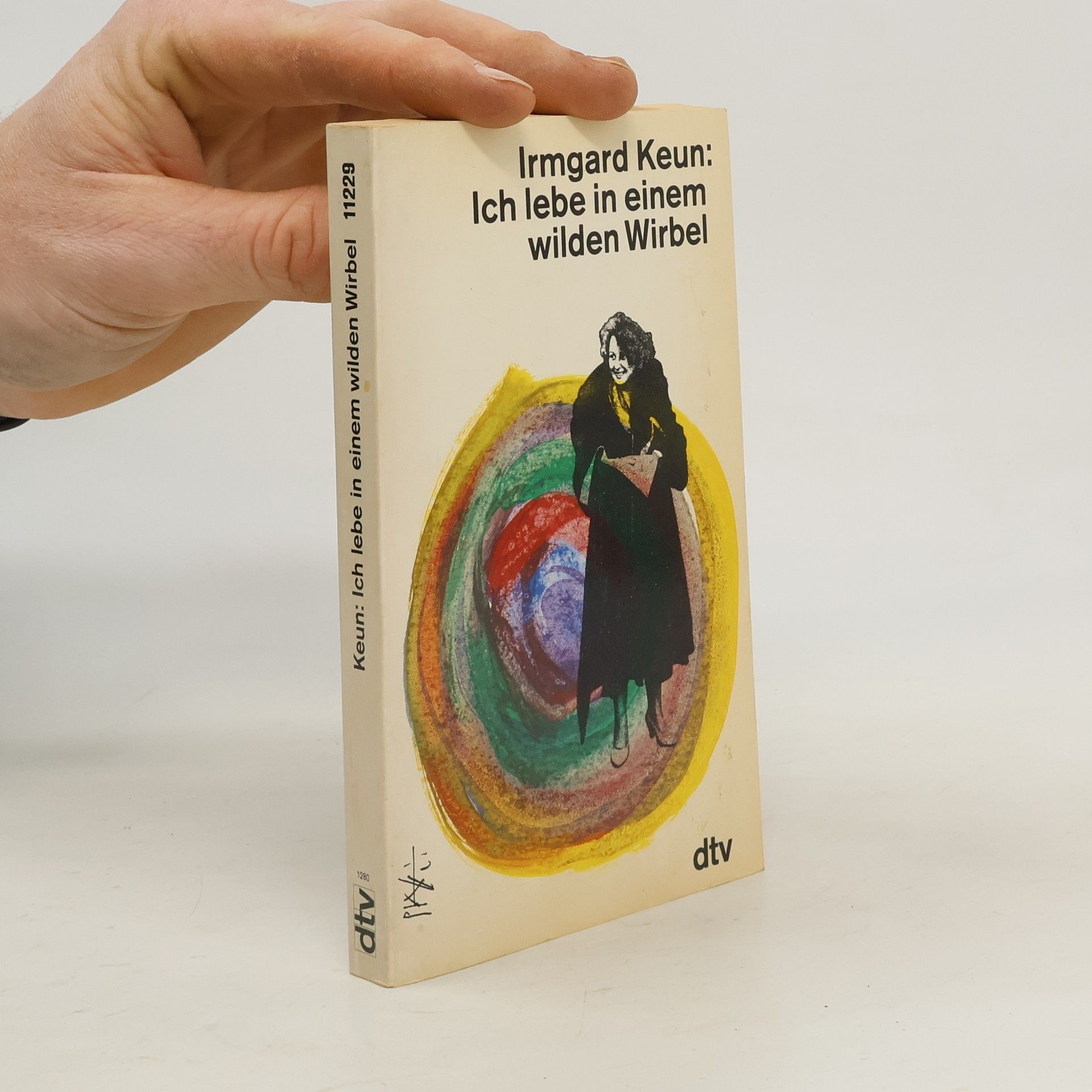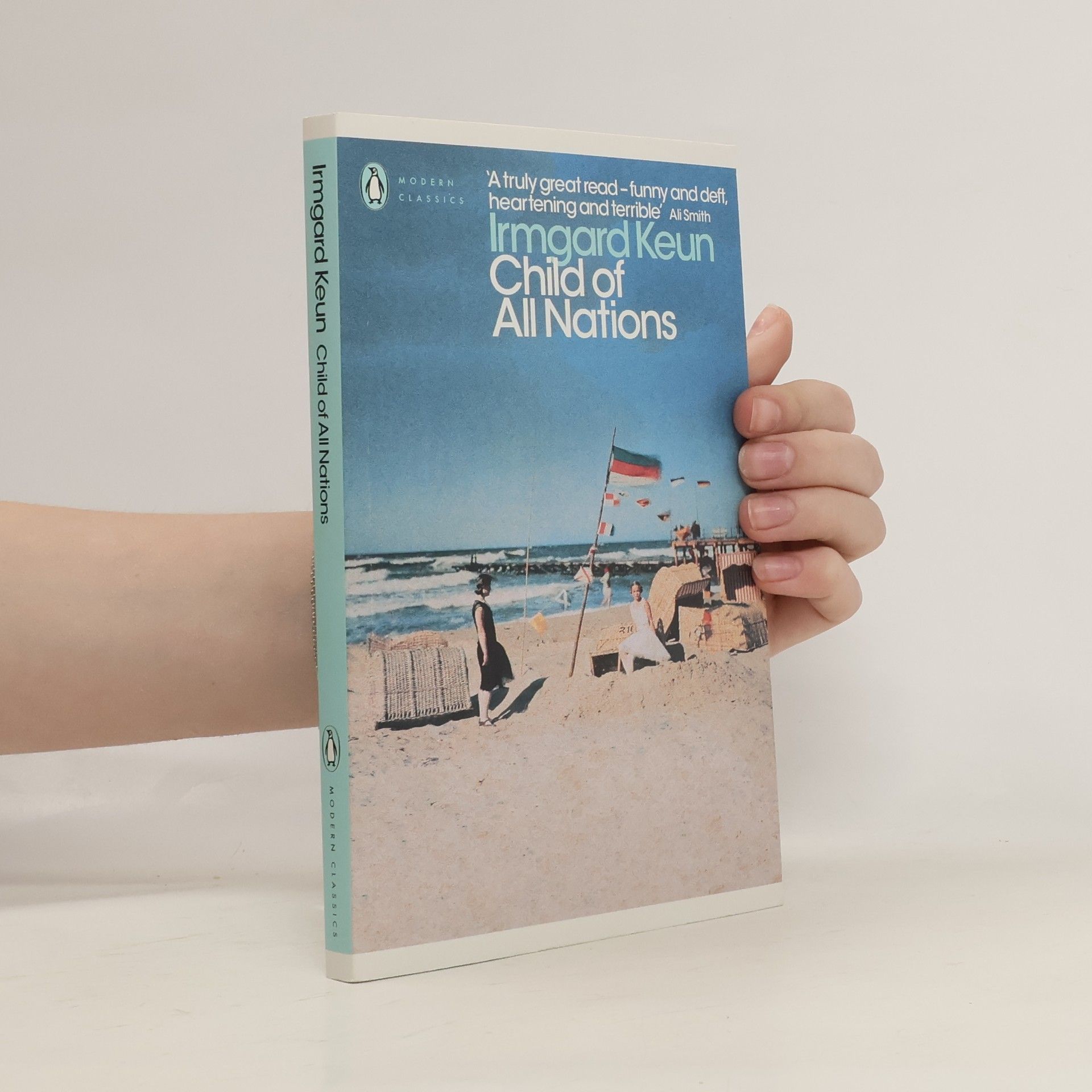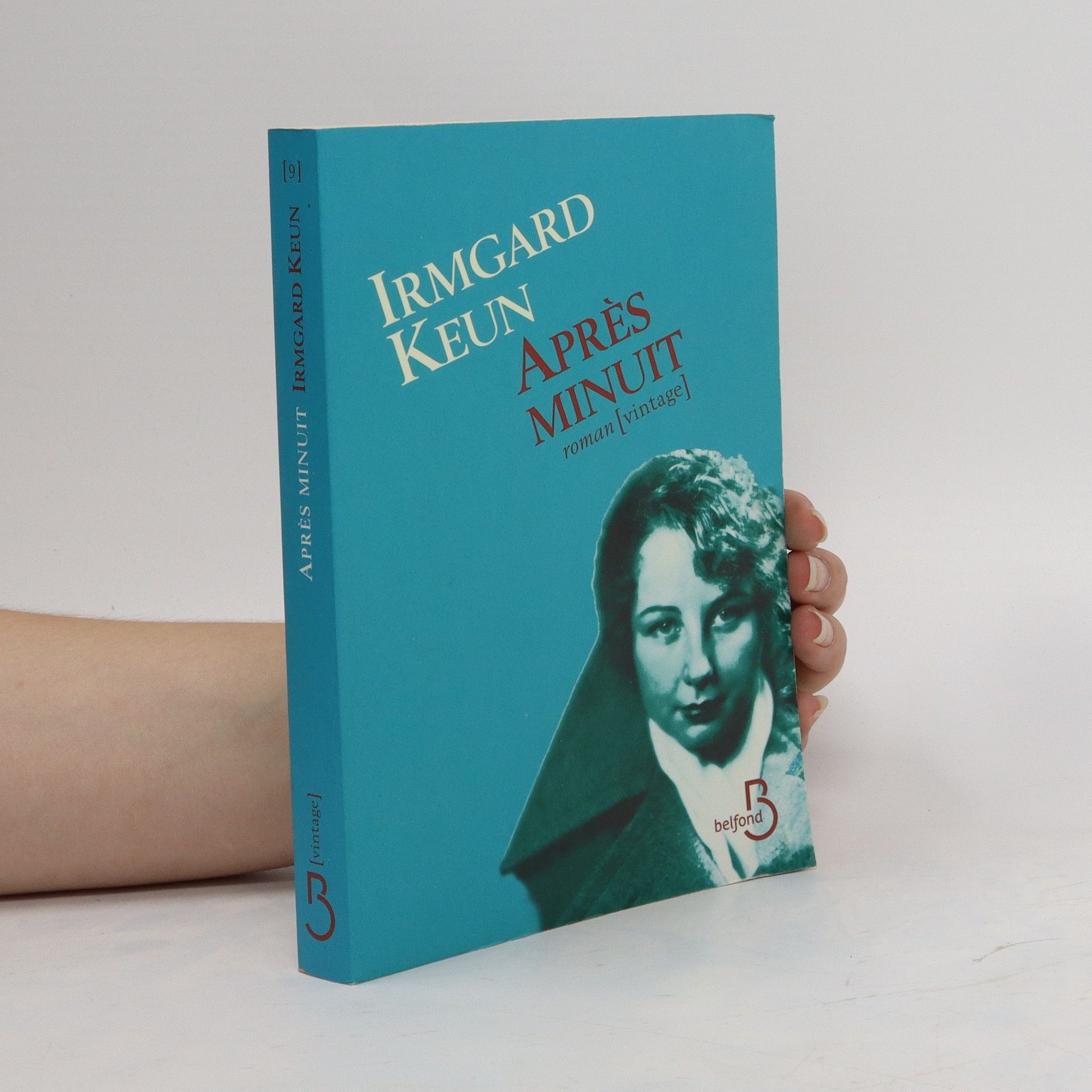Nous sommes à Francfort, en 1936, et la ville est surexcitée. Partout des banderoles, des oriflammes, les uns ont mis leurs plus beaux habits, les autres leurs uniformes tout neufs. Le Führer vient d'arriver, il prendra la parole à l'Opéra. C'est la fête. Gaie, vive, jolie, Suzanne Moder a dix-huit ans. Avec ses amies, elle se moque des garçons dans leurs tenues de parade. Amourettes, chansons, discussions passionnées, pourquoi ne pas s'abandonner à ce monde nouveau, enthousiaste et fascinant ? Mais en réalité, Suzanne a peur. Certains signes l'inquiètent : la police et ses perquisitions, les juifs et leurs regards traqués, les ouvriers qui murmurent... Témoignage unique sur les tensions, les ambiguïtés et l'hystérie régnant dans l'Allemagne des années 1930, dénonciation sans appel de l'horreur totalitaire, un roman plein de charme et d'humour, lors même qu'il décrit les premiers instants d'un cauchemar. Un chef-d'oeuvre à redécouvrir, par une des personnalités les plus fascinantes et les plus injustement méconnues des lettres allemandes.
Irmgard Keun Livres
Irmgard Keun était une romancière allemande réputée pour ses portraits de la vie des femmes sous la République de Weimar et au début de l'ère nazie. Ses œuvres saisissent les défis et les expériences des femmes naviguant dans d'importants bouleversements sociaux et politiques. Après s'être consacrée au théâtre, Keun s'est tournée vers l'écriture, ses livres étant finalement interdits par les autorités nazies mais reconnus tard dans sa vie. Sa prose offre une perspective distincte sur les changements sociaux et la résilience de ses personnages féminins.






Gilgi, one of us
- 192pages
- 7 heures de lecture
Gilgi knows where she's going in life- she's ambitious, determined and fearless. She's not even derailed when her parents drop a massive bombshell on her twenty-first birthday. But then she meets the charming but aimless Martin, and for the first time, Gilgi finds herself blown bewilderingly and dangerously off-course. Set in Cologne against the backdrop of rising Nazism, Irmgard Keun's astonishing debut electrified Weimar Germany. With its frank exploration of sex, abortion, work and love, it feels as fresh today as when it first appeared.
Ferdinand, the Man with the Kind Heart
- 160pages
- 6 heures de lecture
Bombed-out Cologne after the war is a strange place to be. The black market in jam and corsets is booming, half-destroyed houses offer opportunities for stealing doors and eggcups, and de-Nazification parties are all the rage. Recently released from a prisoner-of-war camp, Ferdinand drifts around the city, strenuously avoiding his fiancee and drinking brandy with his fabulous cousin. But is this any way to go on? Told with Keun's characteristic humour, irony and generosity of spirit, this is a wry portrait of a man, a city and a nation that asks how we go on living even in the face of total defeat.
Child of All Nations
- 176pages
- 7 heures de lecture
Kully knows some things you don't learn at school. She knows the right way to roll a cigarette and pack a suitcase. She knows that cars are more dangerous than lions. She knows you can't enter a country without a passport or visa. And she knows that she and her parents can't go back to Germany again - her father's books are banned there.
The artificial silk girl
- 160pages
- 6 heures de lecture
A hilarious, tragic novel about a would-be movie star in 1920s Berlin, from the author of Child of All Nations Doris is going to be a big star. Wearing a stolen fur coat and recently fired from her office job, she takes an all-night train to Berlin to make it in the movies. But what she encounters in the city is not fame and fortune, but gnawing hunger, seedy bars, and exploitative men - and as Doris sinks ever lower, she resorts to desperate measures to survive. Very funny and intensely moving, this is a dazzling portrait of roaring Berlin in the 1920s, and a poignant exploration of the doomed pursuit of fame and glamour. The Artificial Silk Girl was a huge bestseller in Weimar Germany before the Nazis banned it, and is today Keun's best-loved book in Germany. Funny, fresh and radical in its dissection of the limited options available to working women, it is a novel that speaks to our times.
Ich lebe in einem wilden Wirbel
- 310pages
- 11 heures de lecture
„Es klingt wie eine erfundene Geschichte: vor zehn Jahren wurde in den USA ein Konvolut von Briefen und Telegrammen gefunden, abgeschickt zwischen 1933 und 1947 aus Deutschland, Absender: Irmgard Keun. Diese Briefe, Liebesbriefe an den emigrierten Arzt Arnold Strauss, hier nun zum erstenmal veröffentlicht, zeigen Irmgard Keun in einem ganz neuen Licht: Eine verschwenderische Frau, die mit dem Herzen denkt und mit dem Verstand fühlt. Hinreißend, charmant und egozentrisch wie ein kleines Kind, bindungsängstlich und treu, klug aber zu jeder Dummheit bereit. Sie schreibt in diesen überraschend offenen Briefen, die sich wie ein intimes Tagebuch lesen, was sie sonst nirgendwo erzählt hat: über sich selbst, über ihre Arbeit, über ihre Abhängigkeiten und über ihre Hoffnungen. Überdies erzählen die Briefe Geschichten bissige und amüsante, vom Leben und Überleben im “„Dritten Reich“„ und im Exil. Als wäre es ein Roman.“
Erstmals das Gesamtwerk der Bestsellerautorin Irmgard Keun in einer kommentierten Neuausgabe.
Mit ihren Romanen wurde Irmgard Keun zum literarischen Star der spten Weimarer Republik. Ihre Erzhlungen ber den Ns-Alltag und das Leben im Exil wurden zu Klassikern. In der Nachkriegszeit entfaltete sie als scharfe Zeitkritikerin noch einmal satirische Energie. Nun liegt ihr Werk erstmals in einer kritischen Ausgabe vor, herausgegeben und kommentiert von Heinrich Detering und Beate Kennedy - mit allen bekannten sowie verschollenen und vergessenen Texten. In dieser Ausgabe ist eine der aufregendsten deutschen Schriftstellerinnen des 20. Jahrhunderts neu zu entdecken. Mit einem Essay von Ursula Krechel.
